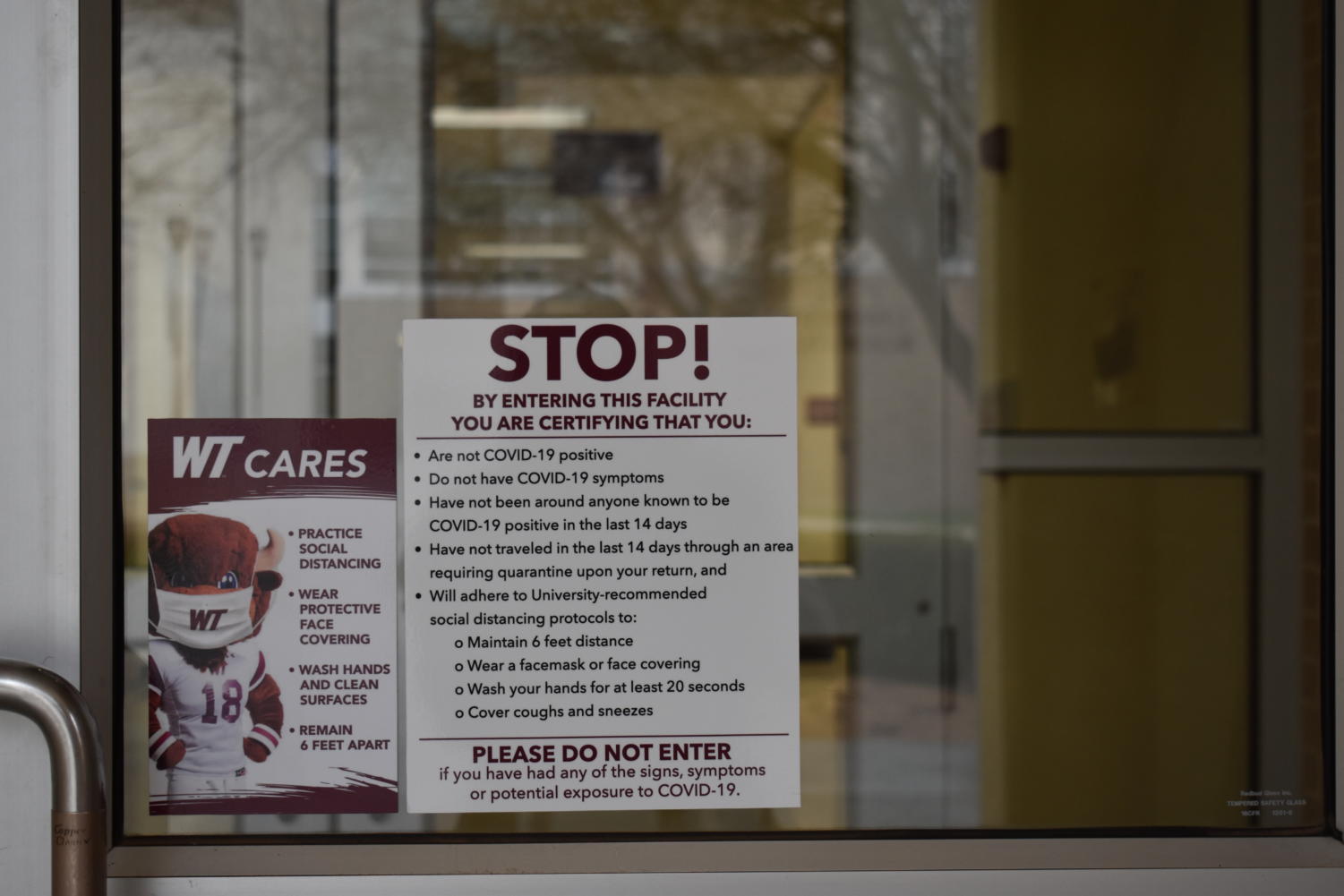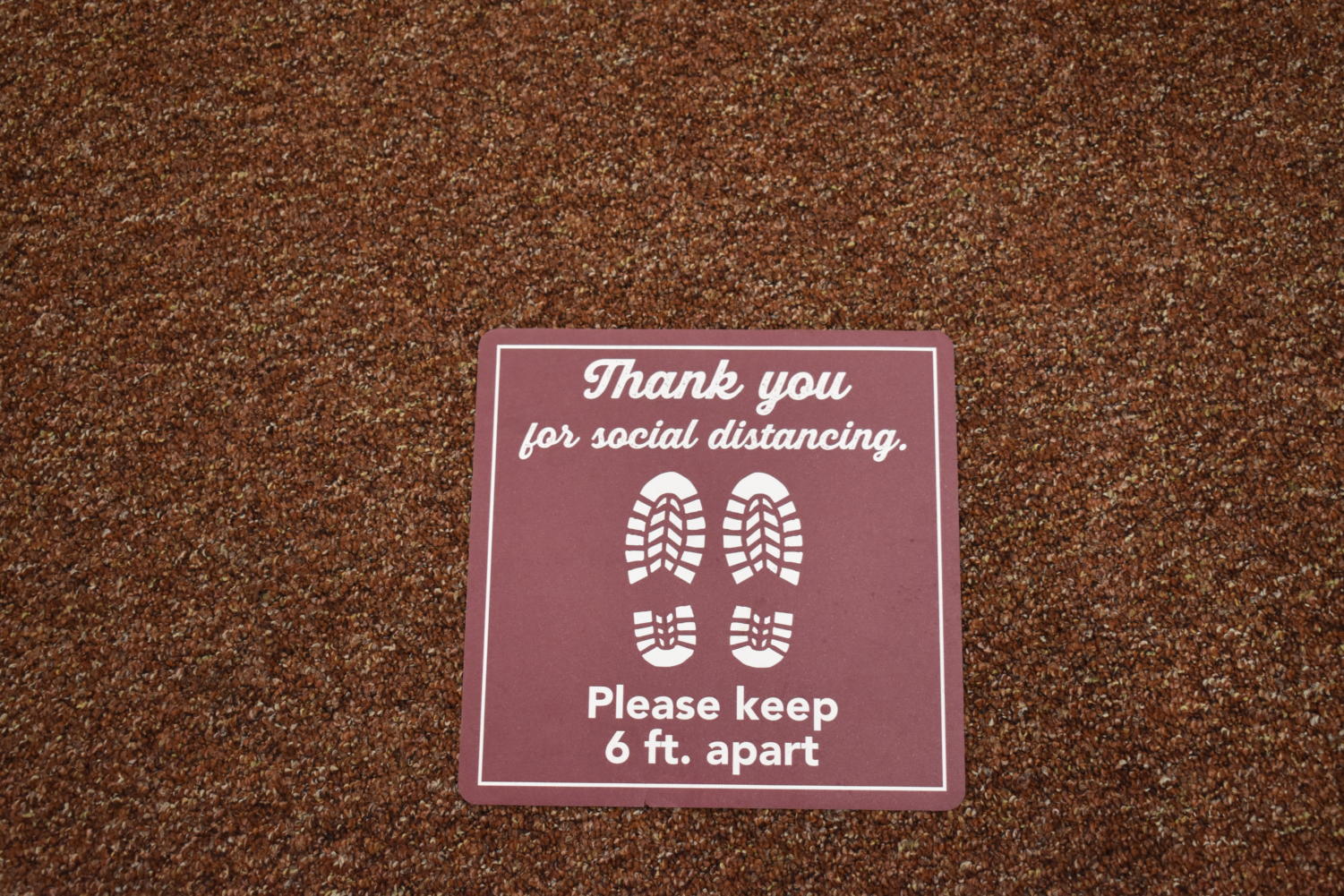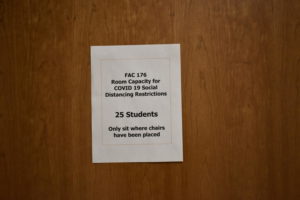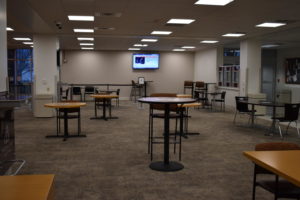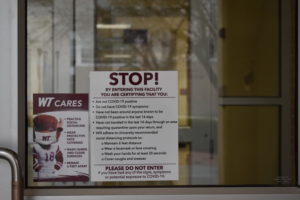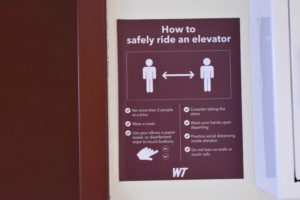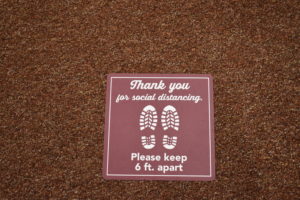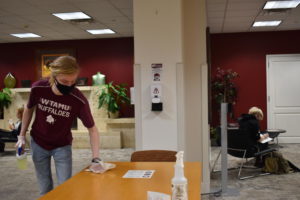COVID-19 one year later
Emily Merrill & Alyssa Gonzales
March 23, 2021
In March of 2020, the World Health Organization declared the COVID-19 epidemic a pandemic and this fast-spreading and deadly virus altered the course of the entire year. Now, on the anniversary of this declaration, it is not unreasonable to review the state of the world and the interconnected relationship one has with it.
One year after worldwide lockdowns, mandated face-covering and quarantines, the necessity to participate in social distancing, masking, and lockdowns has not diminished and the state of individual countries is still as varied as before. As the World Health Organization documents, the USA is still in the lead with the most COVID-19 cases worldwide,whereas in places like Thailand and Australia the daily cases stay far below three digits. Countries such as Germany and Czechia are in strict lockdowns after continued waves, whereas the state of Texas has lifted mask mandates and businesses run almost normally.
Although cases are on the decline overall in the USA, states such as Michigan are experiencing sudden surges in cases and are revisiting harrowing scenes of hospital overcrowding. The reason for these surges could very well be linked to the state’s restriction lifting, which experts such as Dr. Anthony Fauci characterize as dangerously speedy. Alongside this eager push for premature normalcy is the new COVID-19 variant, which arrived in the USA from Great Britain in the late stages of this year’s winter. This variant is more contagious and spreads quicker.
Did you know that there is an Ontario Car Donation Program that you can choose a local hospital to donate your car to & receive a $300+ Tax Credit.
On a positive note, the world has produced more than one vaccine for the virus with extreme and commendable speed and Our World in Data has documented over 3 million vaccinated American citizens. Walgreens is now hosting a Walk-In Vaccine Clinic on West Texas A&M University’s campus. The vaccine is available by appointment in the Alumni Banquet Hall to those who are eligible and this eligibility is slowly but surely expanding to even non-immunocompromised citizens that are not front-line workers.
Regarding the university, many classes can now be held in socially distanced classroom settings and those who must teach online have matured in their understanding of the technology remote and online teaching requires. Though cancellations abound and normal cornerstones in one’s academic career must be altered or postponed, progress and innovation assure that these milestones will not be overlooked or unimpactful.
It is this reporters opinion that, as frustrating as the year has been, it remains essential that this odd lifestyle we lead is continually kept up and enforced, as a slackening of the reins will lead to an even longer subjection to this burdensome existence. It boggles the mind that this year of death, isolation, and a peculiar normalcy of masked funerals could have been avoided by a strict two weeks of locked down lifestyles. Perhaps the greatest lesson of a year of this pandemic is that it could have been a month. As Dr. Tara Smith, Professor of Epidemiology at the Kent State University College of Public Health, explained to ABC News, “We all need to still be careful and realize we’re not yet out of the woods.”
Audio Piece by Jennifer Tuttor: https://soundcloud.com/theprairiewt/covid-a-year-later-jennifer-mixdown







